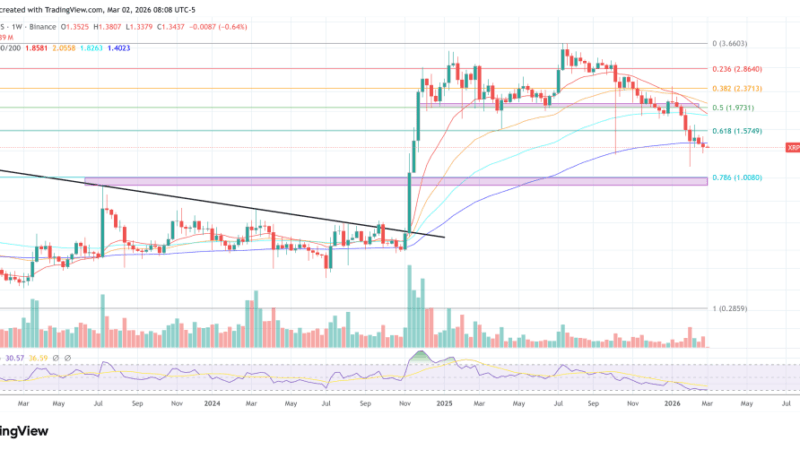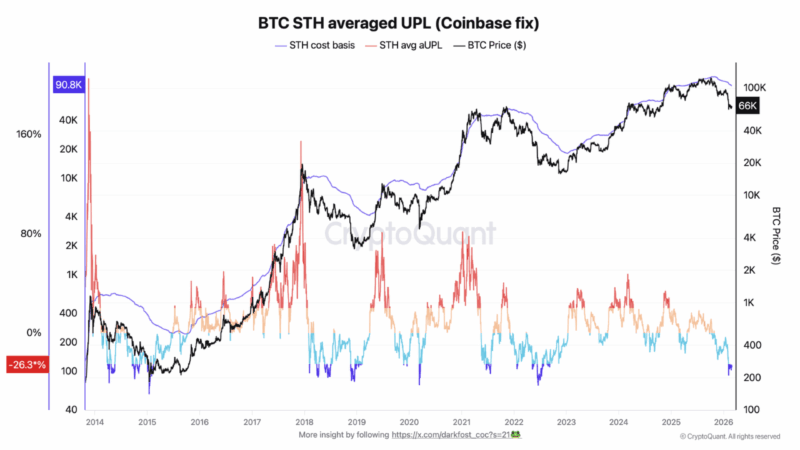Gemini Challenges SEC in Crypto Legal Battle, Citing Ripple Case


The post Gemini Challenges SEC in Crypto Legal Battle, Citing Ripple Case appeared first on Coinpedia Fintech News
Gemini, a major cryptocurrency exchange, has countered allegations from the U.S. Securities and Exchange Commission (SEC) by drawing parallels to the Ripple case and emphasizing nuanced legal distinctions around securities issuance and sales.
The SEC’s claim focuses on Gemini’s crypto lending program, Gemini Earn, alleging it involves securities sales. Gemini contests that the SEC hasn’t adequately defined the specific security in question. The dispute centers on who determines what qualifies as a “security” and a “sale,” with Gemini asserting the SEC hasn’t sufficiently proven a security sale occurred.
Gemini noted the Ripple case, where the court assessed assets using the Howey test for securities classification. This precedent differentiates tokens sold to institutional buyers from those offered on public secondary markets, as shown by a pivotal July ruling affecting XRP.
Despite a district court’s disagreement with the initial Ripple ruling, Ripple’s CTO, David Schwartz, downplayed its significance.
Gemini’s core argument revolves around whether the SEC accurately alleged a sale as defined by the Securities Act. Gemini contends the SEC lacks evidence and clarity regarding the alleged sale specifics.
John Deaton criticized the SEC’s lawyers for not learning from the Ripple case, branding their attitude as arrogant. Gemini’s co-founders, Cameron, and Tyler Winklevoss, stated that the SEC’s failure to define security highlights case weakness and breaches fairness principles.
Gemini pointed out instances where the SEC changed arguments in the Ripple case, reflecting inconsistency. This shows that Gemini believes the SEC is being unfair and inconsistent in its actions, which goes against the SEC’s promise to follow the rules. Regulatory figures like Gary Gensler, Gurbir Grewal, and Jorge Tenreiro are seen as believing they’re exempt from legal scrutiny.




